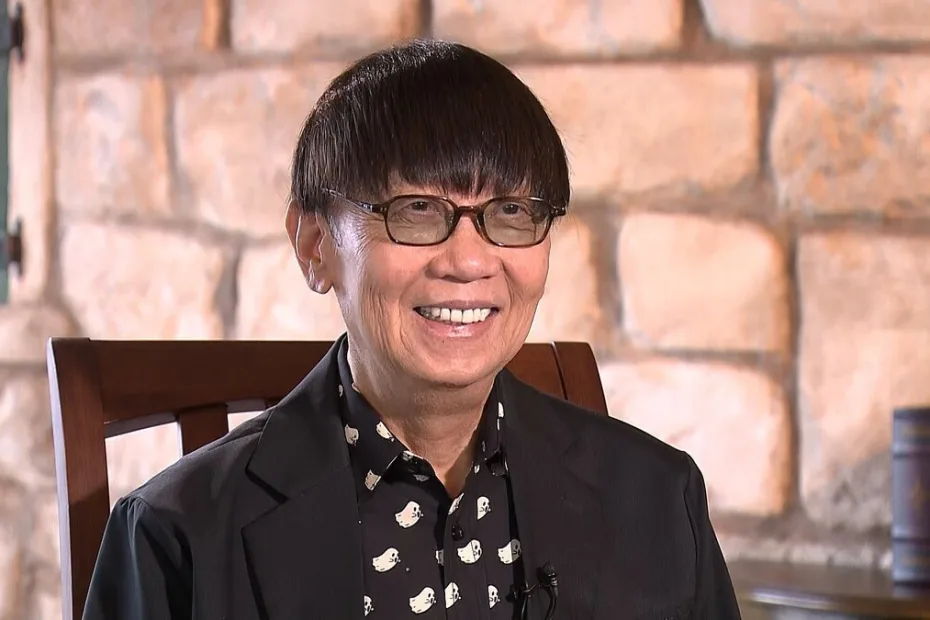Yuji Horii, the legendary creator of Dragon Quest, has become the first video game designer to be recognized in Japan’s prestigious Autumn Honors, marking a historic moment for the gaming industry.
A Landmark Recognition for Gaming
Japan’s government has long used the Autumn Honors to celebrate individuals who have made outstanding contributions to culture, science, and society. Traditionally, recipients include artists, scientists, educators, and business leaders. In 2025, however, the spotlight turned toward the gaming world when Yuji Horii was awarded the Medal with Purple Ribbon, a distinction reserved for those who have advanced academic and artistic fields.
This is the first time a game designer has ever been included in the Autumn Honors, underscoring how video games are now recognized as a legitimate cultural and artistic force in Japan.
Who Is Yuji Horii?
- Career beginnings: Horii started as a writer and journalist before entering the gaming industry in the early 1980s.
- Dragon Quest (1986): His breakthrough came with the release of Dragon Quest on the Famicom (NES). The game introduced Japanese audiences to the role-playing game (RPG) format, blending storytelling, exploration, and turn-based combat.
- Cultural impact: The series became a phenomenon, shaping the Japanese RPG genre and inspiring countless developers worldwide. In Japan, Dragon Quest releases are so influential that they’ve been linked to national events, with stories of schools and workplaces adjusting schedules around launch days.
- Legacy: Beyond Dragon Quest, Horii has been a vocal advocate for games as a medium of storytelling and cultural expression. His work has influenced franchises like Final Fantasy, Pokémon, and even Western RPGs.
Why This Matters
- Validation of Games as Art: By honoring Horii, Japan’s government is effectively acknowledging that video games are not just entertainment but also cultural artifacts with artistic and educational value.
- Generational Shift: The award reflects how gaming has moved from niche hobby to mainstream culture, embraced by multiple generations.
- Industry Recognition: For developers, this sets a precedent that their creative contributions can be celebrated alongside literature, film, and music.
Broader Context
- Dragon Quest’s role in Japanese identity: The series is often described as Japan’s “national RPG.” Its music, characters, and storytelling have become embedded in the country’s cultural DNA.
- Global influence: While Final Fantasy may be more internationally recognized, Dragon Quest laid the groundwork for the JRPG genre, influencing design philosophies across the globe.
- Future implications: Horii’s recognition could pave the way for other designers—such as Shigeru Miyamoto (Super Mario, The Legend of Zelda) or Hideo Kojima (Metal Gear Solid)—to be similarly honored in the future.
Yuji Horii’s award is more than a personal achievement—it’s a milestone for the entire gaming industry. It signals that the medium has matured into a respected cultural form, capable of shaping society and inspiring generations. For fans and creators alike, this recognition is both a celebration of Horii’s legacy and a promise that video games will continue to be seen as vital contributions to global culture.

